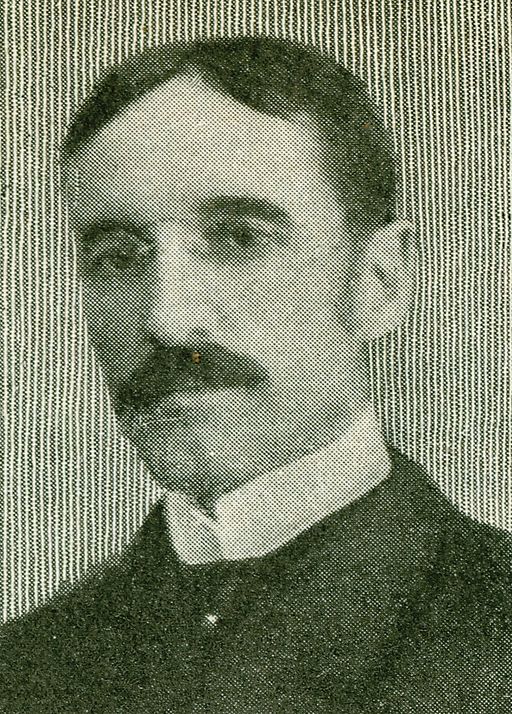Official Languages Act

In 1902, the United States passed the Official Languages Act, placing English and Spanish as co-official languages in Puerto Rico [Alvarez-Gonzalez, 1999]. Critics saw the Act as “Americanization” of the island, intended to minimize Puerto Ricans’ Spanish language and culture, while supporters argued that it was a necessary step for the government to function in relation to the United States government. The Official Languages Act was revoked by Gov. Rafael Hernandez Colon in 1991, in favor for a Spanish-only law [Glass, 1991]. As almost all Puerto Ricans were speaking Spanish at the time anyway, this was seen by critics as an attempt to quell a rising desire to make Puerto Rico the 51st state. Two years later, in 1993, the Law of the Official Languages of the Government of Puerto Rico went into effect, and once again placed Spanish and English as co-official languages of the island [Alvarez-Gonzalez, 1999]. In 2015, the Puerto Rican senate overwhelmingly backed a bill that promoted Spanish to “first” official language and demoted English to “second” [EFE, 2015].